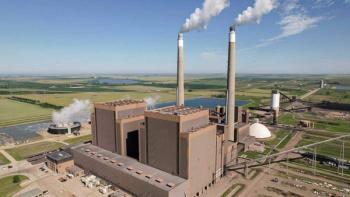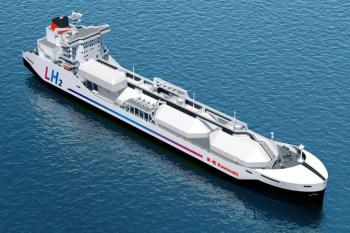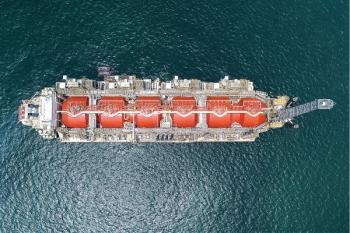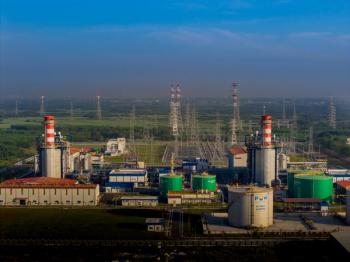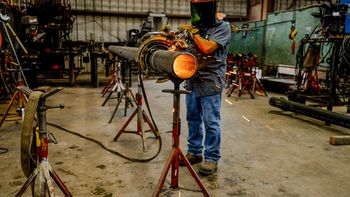
CO catalyst boosts startup capability of simple cycle turbines
Johnson Matthey's Stationary Emissions Control (SEC) group has announced it has successfully commissioned CO oxidation catalyst to reduce CO, VOC and toxic emissions from four 200 MW simple cycle gas turbines. The turbines are part of GenOn Energy's Marsh Landing Generating Station (MLGS), Antioch, California. MLGS is capable of quickly generating up to 800 MW of electricity if renewable power sources, such as wind turbines and solar power are unavailable. The gas-fired peaking facility incorporates quick-start 200 MW Siemens SGT6-5000F turbines that can reach full load in 12 minutes.
The Marsh Landing Generating Station is in the San Francisco Bay Area, where some of the world's most stringent air quality standards are imposed on emissions of CO and VOC from gas turbines.
Johnson Matthey's oxidation catalyst was chosen by Mitsubishi Power Systems Americas, Inc. (MPSA) for integration into its Hot SCR system, specifically designed to control NOx and CO from simple cycle turbines. Benefits of the catalyst include fully brazed substrate to withstand turbulence and quick startup capability.
To reduce installation time, Johnson Matthey designed special "drop-in" catalyst frames that allowed the full-width reactor sections to be dropped into place with a crane. This eliminated multiple days of site labor and reduced installation costs. The frames contained factory-installed catalyst blocks, which meant that they could be installed as soon as they arrived on site.
Johnson Matthey, which pioneered oxidation catalysts for gas turbines in the 1970s, formulates the catalysts with Platinum Group Metals (PGM's) to achieve maximum conversion of pollutants at various gas turbine temperatures for simple or combined cycle operation. The high activity catalyst plus flow through metal monolith design delivers the smallest catalyst package and the lowest backpressure in the industry.
Newsletter
Power your knowledge with the latest in turbine technology, engineering advances, and energy solutions—subscribe to Turbomachinery International today.

